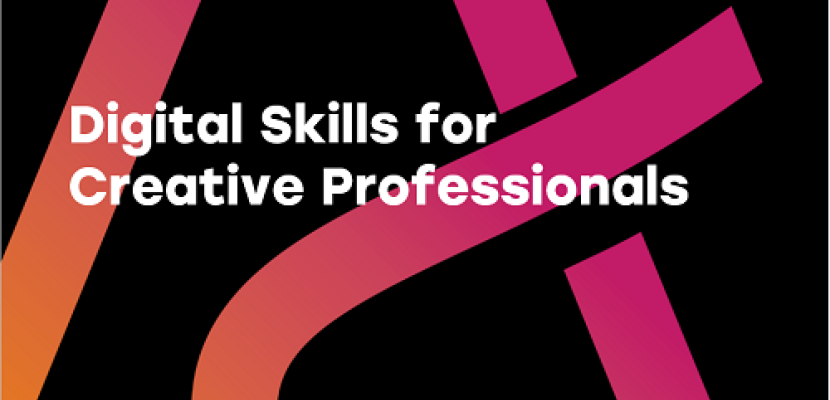
Digital Skills for Creative Professionals

About this good practice
The program is designed to equip young creative professionals with a deep understanding of video game development as an inseparable combination of programming knowledge and skills, design, and various artistic disciplines. The program is designed to be practical and provide students with a variety of opportunities to create games and gain practical experience. The program is flexible, allowing students to tailor their education to their specific interests and career goals.
The program equips professionals with cutting-edge digital skills and sustainable design practices, enabling them to innovate, remain competitive, and contribute to the sector's digital and green transition.
The target audience is adult learners, including creative professionals, freelancers, and industry practitioners in the Cultural and Creative Sectors and industries.
Algebra developed a curriculum on green and digital practices for creative professionals and certified the programs with the relevant education agency in Croatia. Algebra also organized educational courses that are delivered online and on-site across 12 Croatian cities and partnered with the Croatian Employment Service for wider reach.
Resources needed
Depending on the program, it can go from 900 EUR per participant to 3000 EUR per participant. Funding sources are EU Regional Development Fund, National Ministry of Labour + NextGeneration EU.
Evidence of success
The tangible outcome is 1200 participants in one year. Key success factors are strong alignment with industry needs, hands-on learning with cutting-edge digital tools, integration of sustainability principles, accessibility for adult learners, and a focus on fostering innovation and competitiveness within the CCSI.
Potential for learning or transfer
The EC's Directorate-General has commended the model for Employment, Social Affairs and Inclusion as an example of good practice for all EU countries for supporting the digital CCSI.
The broader impact of these programs lies in enhancing the resilience and sustainability of the Cultural and Creative Sectors and Industries by fostering a digitally skilled workforce that drives innovation, supports green transformation, and contributes to the long-term competitiveness and adaptability of the sector.
Key Success Factors: a strong alignment with industry needs, hands-on learning with cutting-edge digital tools, integration of sustainability principles, accessibility for adult learners, and a focus on fostering innovation and competitiveness within the Cultural and Creative Sectors and Industries.
Lessons Learned: Flexible, industry-aligned curricula, hands-on digital training, and the integration of sustainability principles are essential for upskilling creative professionals.